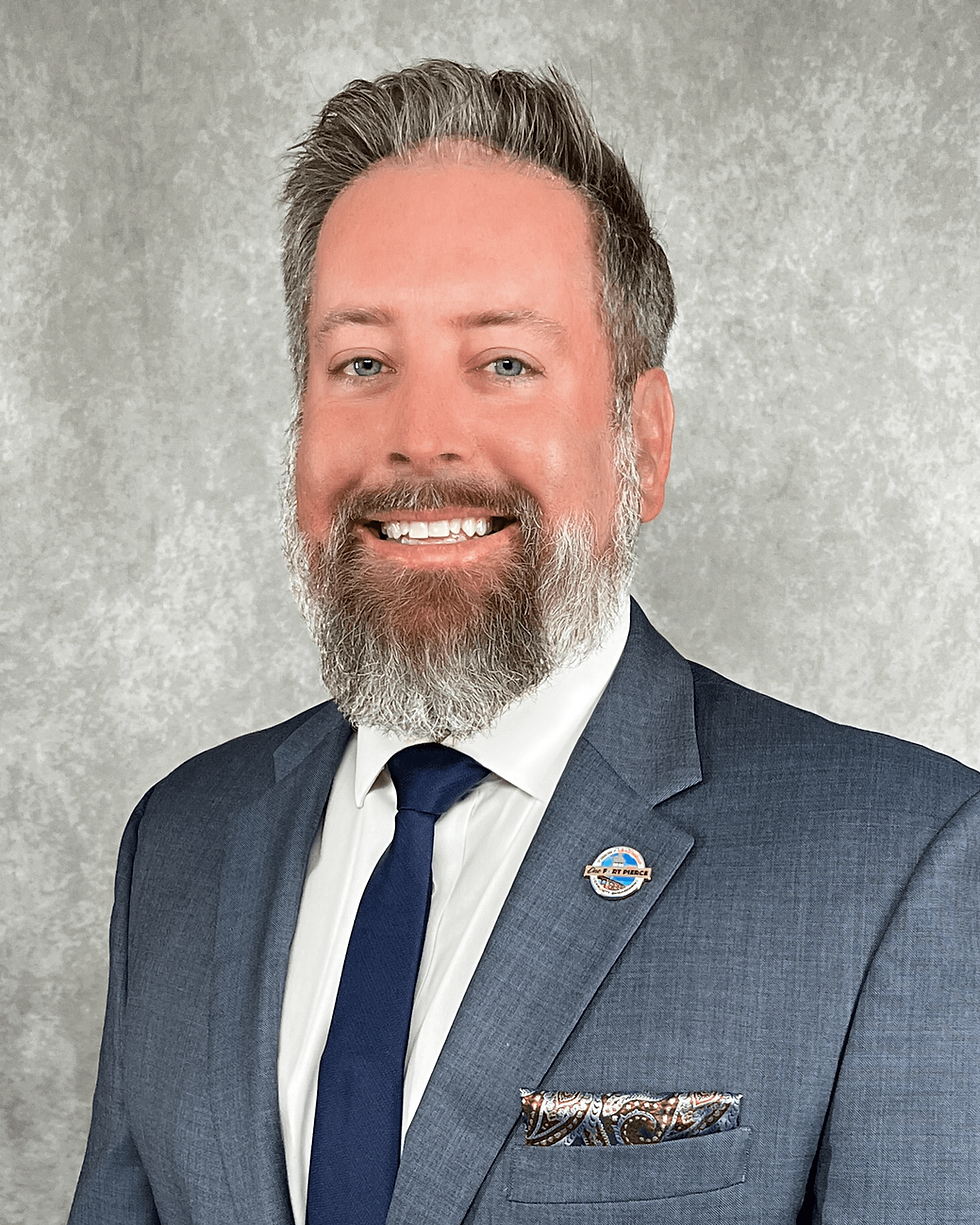Trump's Deadly Deregulation Plan
- Kayla Milton
- Apr 17
- 3 min read

The Department of Health and Human Services must reverse a regulation that has required nursing homes to have more medical staff on duty.
The Mine Safety and Health Administration, must eliminate a rule to protect miners from inhaling the dust of crystalline silica, a mineral that is used in concrete, smartphones and cat litter but that can be lethal in the lungs.
The Federal Communications Commission, which regulates radio and television broadcasting and satellite communications, must “DELETE, DELETE, DELETE.”
The Trump administration is endangering all Americans by dismantling the organizations meant to keep us safe. Across 400 federal agencies that regulate almost every aspect of American life, from flying in airplanes to keeping sawdust out of your food, Trump, wielding the seemingly unbeatable weapon called DOGE is making headway on their quest to dismantle the federal government via deregulation on a mass scale.
At Trump’s direction, agency officials are compiling a master list to guide what the president called the “deconstruction of the overbearing and burdensome administrative state.”
The approach, overseen by Russell T. Vought, the creator of Project 2025, and current director of the White House Office of Management and Budget, intends to simply repeal or just stop enforcing regulations that have historically taken years to undo, according to people who read the goddamn, publicly available manual where he writes out exactly how to do it.
For example, last week the White House directed agencies to bypass legal requirements that proposed changes to rules must be posted for public comment. Instead, the memo said, regulators should just move to immediately cancel the rules.
“I’ve never seen anything like this,” said Donald Kenkel, who served as the chief economist to the White House Council of Economic Advisers in the first Trump administration. “It’s going on much more quietly than some of the other fireworks we’re seeing, but it will have great impact,” Kenkel said. Once Trump’s orders to repeal or stop enforcement of rules are in effect, Kenkel said, “the effects of deregulation will be more or less immediate.”
“We had four years in which to prepare, and a first term of trial and error, and now we know exactly how the operation works,” said Harrison Fields, a White House spokesman. “We have a lot of latitude here and we have the ability to roll back some of these devastating regulations.”
“Many people don’t realize how high the American quality of life is because of the competent and stable enforcement of regulations, and if that goes away a lot of lives are at risk,” said Steve Cicala, co-director of the National Bureau of Economic Research’s Project on the Economic Analysis of Regulation. “This affects airplane safety, baby formula safety, the safety of meat, vegetables and packaged foods, the water that you drink, how you get to work safely and whether you’re safe in your workplace.”
For his second term, Trump wanted deregulation to happen fast, in order to see the impacts and bask in the credit while he was still in the White House, according to the person familiar with the matter — and he wanted the rollbacks to be permanent.
Business groups like the U.S. Chamber of Commerce, the American Petroleum Institute and the National Association of Manufacturers are ready for the moment: They have long hoped to see many regulations stripped away, particularly on labor and the environment. Many have delivered the White House wish lists of the rules they want terminated.
“This is a real opportunity to rebalance the regulatory environment,” said Marty Durbin, senior vice president for policy at the Chamber, the nation’s largest business lobby.
Now the E.P.A. is intending to roll back dozens of rules, including for the protection of wetlands, national parks, and other protected spaces.
The Labor Department will repeal the rules that increased the number of workers who are eligible for sick leave, minimum wage and overtime pay.
The ATF are targeting rules that expanded background checks for buyers and sellers of guns.
FTC officials are viewing a rule that forbids hotels and ticket vendors to advertise prices that fail to disclose certain fees.
The Agriculture Department wants to decimate the procedures governing production speed in pork and poultry plants, allowing more meat to be processed each day. The changes would also replace some government food and safety inspectors in the plants with corporate, private sector inspectors.
“Worker safety and food safety goes hand in hand,” he said. “If the workforce is under more pressure for speed, with less safety oversight, that can lead to a miscut on a carcass, bile that could leak out of the intestine, that contaminates the equipment, and then the next carcass and the next and the next.”
America was (somewhat) nice while it lasted.








Comments